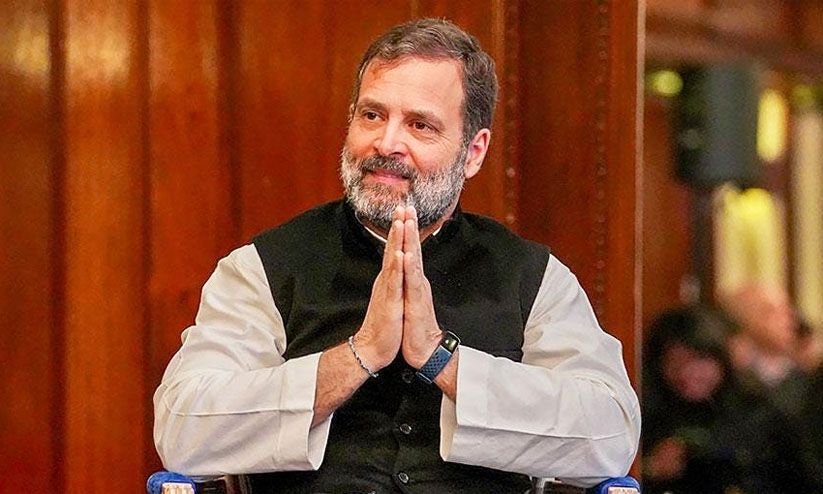
In a significant development, the Supreme Court has stayed the conviction of Congress Leader Rahul Gandhi in the criminal defamation case related to his ‘Modi surname’ remark. The court, while making this decision, noted that Mr. Gandhi’s remarks were not in good taste, particularly considering his position in public life.
The trial judge had earlier awarded Rahul Gandhi the maximum sentence of two years in the case, and the top court observed that the conviction could have led to disqualification if the sentence was a day longer. However, the court stayed the conviction, allowing Mr. Gandhi to attend Parliament and participate in future elections.
Rahul Gandhi’s lawyer argued that this was his last chance before acquittal, as the High Court had reserved its judgment for 66 days. Due to his conviction, Mr. Gandhi had already missed two Parliament sessions.
The case originated from a rally in Kolar, Karnataka, in April 2019, where Rahul Gandhi made a dig at Prime Minister Narendra Modi, stating, “How come all the thieves have Modi as the common surname?”. This statement led to a criminal defamation case being filed against him.
During the hearing, Senior Advocate Abhishek Manu Singhvi, representing Rahul Gandhi, pointed out that the complainant Purnesh Modi’s original surname was not Modi, and he had changed it. Moreover, Mr. Singhvi claimed that not a single person named in Mr. Gandhi’s speech had sued him.
The Supreme Court also discussed the trial court’s mention of Rahul Gandhi’s criminal antecedents, citing 13 cases. However, Singhvi countered that there were no convictions in any of those cases and questioned the classification of these cases as criminal antecedents.
The court, while staying the conviction, emphasized the importance of not disqualifying an individual without strong evidence and the potential ramifications on both the individual and the electorate.
The ‘Modi surname’ remark controversy has been a subject of legal battles for Rahul Gandhi, who maintains his innocence in the matter. He had earlier requested the top court to stay his conviction, enabling him to participate in Parliament proceedings.
It is worth noting that Rahul Gandhi has already challenged the trial court’s order in the Surat Sessions court, where the appeal is still pending.
This latest development allows Rahul Gandhi to continue his political engagements and contests in future elections. The stay on conviction ensures that he can exercise his rights as a Member of Parliament while awaiting further legal proceedings.
As the case continues to be closely monitored, the impact of the Supreme Court’s decision will undoubtedly reverberate in the political landscape, sparking discussions about freedom of speech, defamation laws, and the responsibilities of public figures in their public statements.
Sources By Agencies




